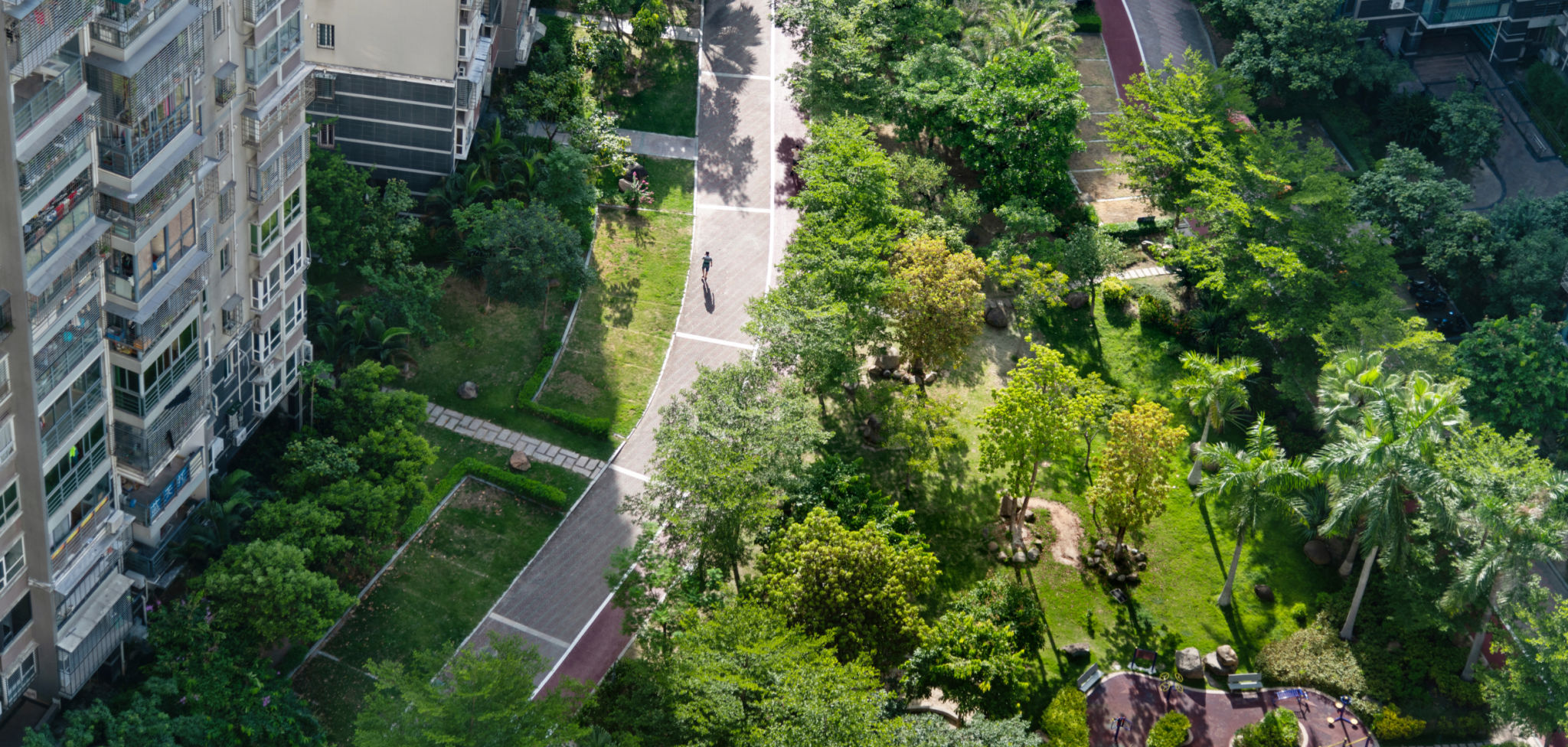Sustainable Construction: How to Implement Eco-Friendly Practices in Urban Projects
Understanding the Importance of Sustainable Construction
Sustainable construction is not just a trend; it's a necessary shift in how we approach urban development. As cities continue to grow, the demand for eco-friendly building practices becomes crucial to lessen environmental impact and promote resource efficiency. By adopting sustainable construction techniques, urban projects can significantly reduce their carbon footprint and contribute to a healthier ecosystem.

Incorporating Green Building Materials
One of the fundamental practices in sustainable construction is the use of green building materials. These materials are often sourced responsibly, recycled, or have a minimal environmental impact during production. Utilizing materials like bamboo, recycled steel, and low-VOC paints can enhance the sustainability of a project. Not only do these materials help in reducing waste, but they also often offer better durability and energy efficiency.
Energy Efficiency and Renewable Energy Integration
Energy efficiency is a cornerstone of sustainable construction. By implementing energy-efficient designs and technologies, urban projects can drastically cut down on their energy consumption. This includes the use of high-performance insulation, energy-efficient windows, and smart HVAC systems. Furthermore, integrating renewable energy sources such as solar panels or wind turbines can provide clean energy and reduce reliance on fossil fuels.

Water Conservation Strategies
Water conservation is another critical aspect of eco-friendly urban projects. Implementing systems like rainwater harvesting, greywater recycling, and low-flow plumbing fixtures can significantly minimize water usage in buildings. Additionally, designing landscapes with native vegetation reduces the need for irrigation, further conserving water resources.
Waste Reduction and Recycling
Effective waste management is essential in sustainable construction. Urban projects should focus on reducing waste during construction by employing practices such as prefabrication and modular construction. Recycling construction debris not only lessens landfill use but also allows materials to be repurposed for other projects, thus closing the loop on waste production.

Smart Urban Planning
Sustainable urban projects require smart planning that considers the long-term impact on communities and the environment. This involves designing mixed-use developments that reduce the need for transportation and encourage walking, biking, and public transit use. Creating green spaces within urban areas also contributes to biodiversity and provides residents with areas for recreation and relaxation.
Engaging Stakeholders and Communities
Implementing sustainable construction practices requires collaboration between various stakeholders, including architects, developers, local governments, and communities. Engaging these groups early in the planning process ensures that sustainability goals align with community needs and regulatory requirements. Public outreach and education are key components in fostering support for sustainable urban projects.
The Benefits of Sustainable Urban Projects
The advantages of sustainable construction go beyond environmental impact. Eco-friendly urban projects often enjoy increased property values, lower operational costs, and enhanced occupant health and well-being. Moreover, these projects can serve as models for future developments, demonstrating the feasibility and benefits of sustainable practices.

Conclusion: The Path Forward
As urban areas continue to expand, adopting sustainable construction practices is imperative for creating resilient and environmentally-friendly cities. By focusing on green materials, energy efficiency, water conservation, waste reduction, smart planning, and stakeholder engagement, urban projects can pave the way for a more sustainable future. Embracing these practices will not only benefit the environment but will also promote economic growth and improve quality of life for city dwellers.
